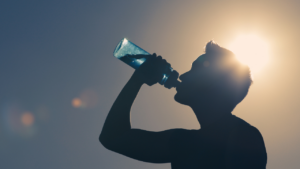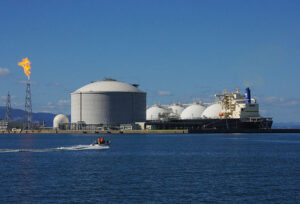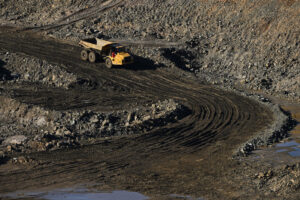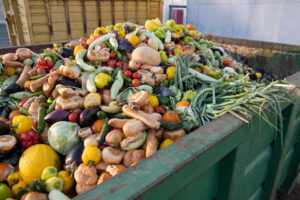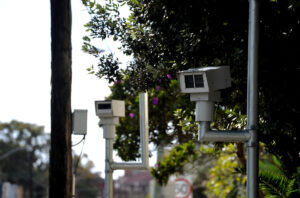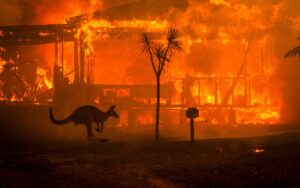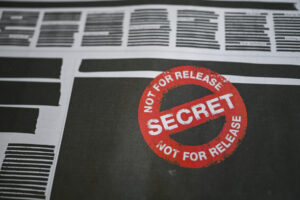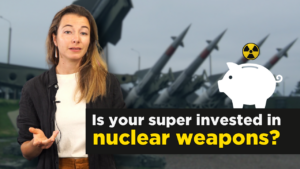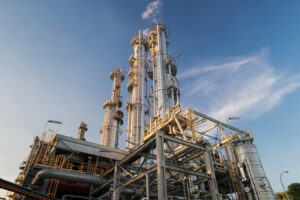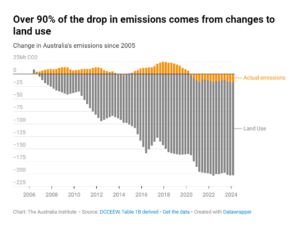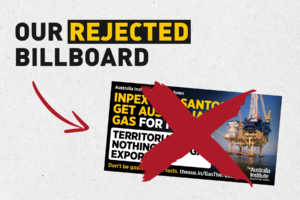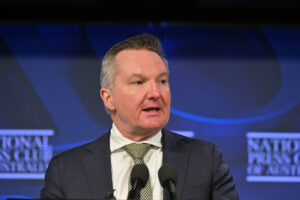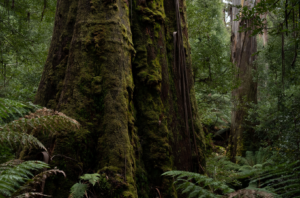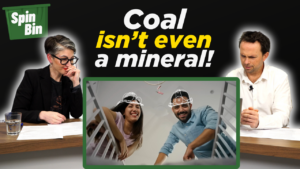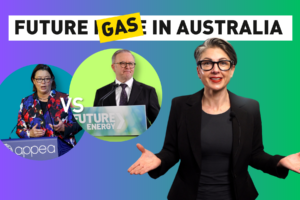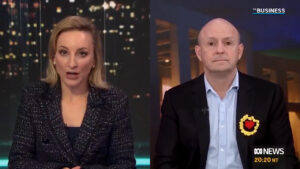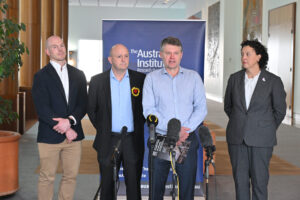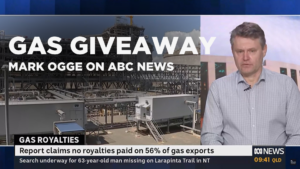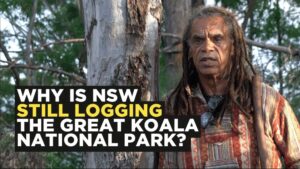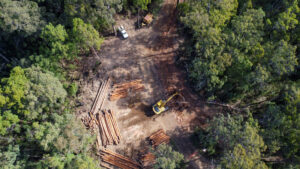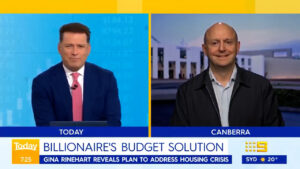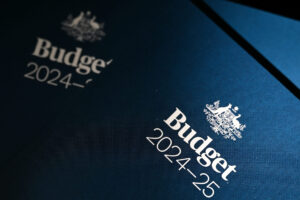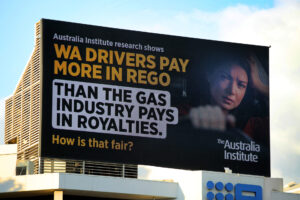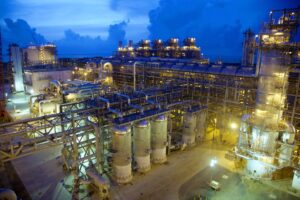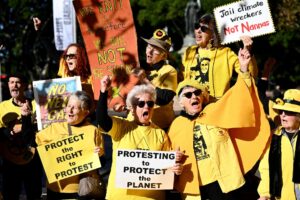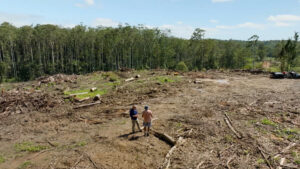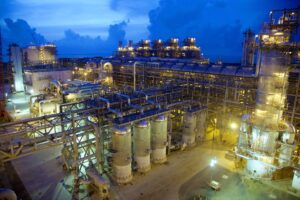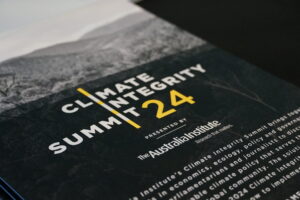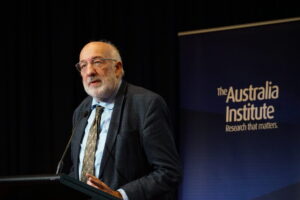December 2024
Mapping how extreme heat exacerbates inequality
Extreme heat is the number one cause of weather-related illness and death in all parts of Australia, except Tasmania. Older, poorer, and sicker people are more vulnerable to the effects of extreme heat. Our new report identifies the locations around Australia in which the greatest number of vulnerable people will be affected by extreme heat. Targeting these areas for support will ensure the greatest number of vulnerable people are helped during periods of extreme heat.
Japan and Australia’s gas-fuelled obsession endures under Asia Zero Emission Community
Japan and Australia enjoy a long-standing relationship when it comes to energy trade. According to Japan, “(t)he energy and resources sector is the bedrock of the Japan-Australia economic partnership”. But the two countries’ efforts to decarbonise their economies to reach their respective emissions reduction targets have been threatening to jeopardise this gas-fuelled obsession. Japan has
Coal royalties are a tiny part of the NSW Budget
The people of Australia collectively own all the resources under the ground. This means that the coal in NSW is the property of the Australian people too. Because of this, mining companies have to pay the NSW Government a “royalty” if they want to dig up and sell coal. Royalties are not taxes. They are
Gardening for a healthier life and a healthier planet
Australians are hungry to grow their own food and the reasons are simple: growing your own food is healthier and better for the planet. Whether it’s herb pots on a windowsill or a rambling backyard veggie patch, Australians say that growing some of their own food makes them feel better, eat better and tread lighter on the planet.
Australia’s traffic fine system is unfair – is it time to implement proportional fines?
How is Australia’s system unfair? If you get caught speeding in Australia, you will be fined with a flat-rate traffic fine. Exceeding the speed limit by 12km/h in New South Wales earns you a $361 fine, whether you are on government benefits or a billionaire. This is not a fair system. What about the principle:
November 2024
Climate change driving insurance premiums, adding to cost of living pressure and inflation
Climate change is driving an enormous increase in the cost of insurance with premiums massively outpacing price rises for nearly all other goods and services, making it unaffordable for many Australians.
The role of the whistleblower in pursuit of climate integrity
Whistleblowers are critical to addressing the climate and biodiversity crises.
October 2024
Australian super funds investing in nuclear weapons companies
How would you feel if your super was invested in nuclear weapons companies? Well, in Australia, there’s a high chance it is.
Australia’s gas policy mess | Fact Sheet
Gas companies and the Australian government claim that Australia faces gas shortages, while multinational exporters are shipping record volumes of gas out of Australia. The prices that Australians pay for gas have gone up, while government revenue from gas production has gone down. What’s going on?
September 2024
LULUCF explained: Why Australia’s emissions aren’t actually going down
Australia’s emissions reduction claims simply don’t add up.
August 2024
The billboard they didn’t want you to see
While the gas industry has been busy trying to tell you that we need more gas, we’ve been busy countering their spin with facts, especially in Western Australia and the Northern Territory. However, not everyone is as enthusiastic as we are for the message to get out. A billboard too far? We wanted to let
July 2024
Three glaring holes in the Energy Minister’s Press Club speech
Energy and Climate Change Minister Chris Bowen spoke for an hour at the National Press Club last week in a speech titled “Australia’s Energy Choice in the Critical Decade.” Despite the title, and despite taking questions from Australia’s top journalists, most of Australia’s energy choices didn’t even rate a mention.
Over 30 organisations urge the Rockliff government to release Tasmania’s decade-overdue State of the Environment Report
Tasmania’s Government has failed to publish a State of the Environment Report since 2009,
despite having a legal obligation to do so every five years.
June 2024
The Minerals Council REALLY wants you to feel good about coal: Spin Bin | Video
The Minerals Council recently released an ad promoting the coal industry in Australia, which uses some figures that don’t stack up.
The fatal flaw in Australia’s renewable energy superpower plan | Video
Digging into details of the Future Made in Australia plan, does the Government’s actions match their rhetoric?
May 2024
Majority of Offshore Gas Projects Paid ZERO Royalties | Video
“The Australian public thinks the gas industry should be paying for the gas.” “We can keep doing dumb things if we want to. But if this Government wants to have more money for schools, more money for hospitals…there is a simple tax reform opportunity here.” – Executive Director Richard Denniss on ABC The Business
Great Gas Giveaway Press Conference | David Pocock, Monique Ryan, Richard Denniss
Australia Institute research has found that 56% of gas exported from Australia attracts zero royalty payments, effectively giving a public resource to multinational gas corporations for free. Around 80% of Australia’s gas is exported as liquefied natural gas (LNG). Most of this gas is extracted from gas fields in Commonwealth waters, but the Australian Government
“Extraordinary” No royalties paid on 56% of gas exported from Australia | Video
Gas companies are meant to pay royalties for the right to extract and sell Australian gas. But no royalties are paid on 56% of gas exported from Australia. Report author Mark Ogge joined ABC News to discuss. A new report from the Australia Institute, Australia’s Great Gas Giveaway, shows that over the last four years,
Video Report: Native Logging continues in the Great Koala National Park
An on-the-ground video investigation into native forest logging and the people trying to protect the last refuges of some of Australia’s most iconic wildlife.
“Smash and Grab”: Backwards Carbon Credits Logic Incentivises Native Forest Logging
Ongoing logging within the boundaries of the proposed Great Koala National Park threatens the survival of endangered species and contradicts conservation efforts, writes Stephen Long.
Video: Why Gina Rinehart’s Wrong About the Housing Crisis | Richard Denniss on the Today Show
“Gina Rinehart and the mining industry already get out of paying excise on petrol. So I can see why she thinks everybody should avoid it.” – Executive Director Richard Denniss on Channel 9’s the Today Show.
5 Key Takeaways From The 2024 Budget
The Australia Institute’s analysis of the 2024 Federal Budget finds that while there some big numbers and good measures, there’s no meaningful solutions to issues such as inequality, housing or climate change.
6 gas facts to help you cut through fossil fuel spin
There’s a lot of misinformation in the debate surrounding Australia’s gas industry. To be clear: the world cannot afford for new gas projects (or any other fossil fuel projects) to be opened if we want to avoid dangerous climate change.
3 Gas Myths Debunked
While social licence for fossil fuels has slipped, gas seems to be clinging on longer than the rest.
“Here for the kiddies”: the Knitting Nannas calling for an end to fossil fuels
They knit, they sing, they even have their own ‘nannafesto’, and these unlikely environmental activists are a force to be reckoned with.
April 2024
Video Report: The Carbon Credit Grift Destroying Koala Habitat
Despite a decade-long commitment to establish the Great Koala National Park, the NSW Labor Government is delaying its creation so that the forests can be exploited for carbon credits. It’s a decision with disastrous consequences for the koalas, and the climate.
What is the PRRT?
Gas extraction is often lauded by the industry as the ‘backbone of the Australian economy’, but the actual revenue collected from one of the main taxes on the industry falls staggeringly short of what most people would expect. Find out why this is the case – and what we can do to fix it.
March 2024
Coalition’s nuclear powerplay a “cynical distraction”
Rather than backing cheap and abundant renewable energy, Opposition Leader Peter Dutton has gone all in on nuclear.
Highlights from the Climate Integrity Summit 2024
2023 has shown us a planet on the brink of collapse. Cyclones, heatwaves, catastrophic floods, fires and landslides have killed people, destroyed ecosystems and decimated communities. And yet Australia is still yet to repair all the homes lost in the Black Summer bushfires of 2020 or the devastating Lismore floods of 2017 and 2022. No
Why maintaining ambition for 1.5°C is critical | Bill Hare
One of the key things about this whole problem is that the only way to solve it is that we need to rapidly reduce and phase out fossil fuels. That can’t wait a decade. We need to be making substantial reductions this decade.
General Enquiries
Emily Bird Office Manager
mail@australiainstitute.org.au
Media Enquiries
Glenn Connley Senior Media Advisor
glenn.connley@australiainstitute.org.au
